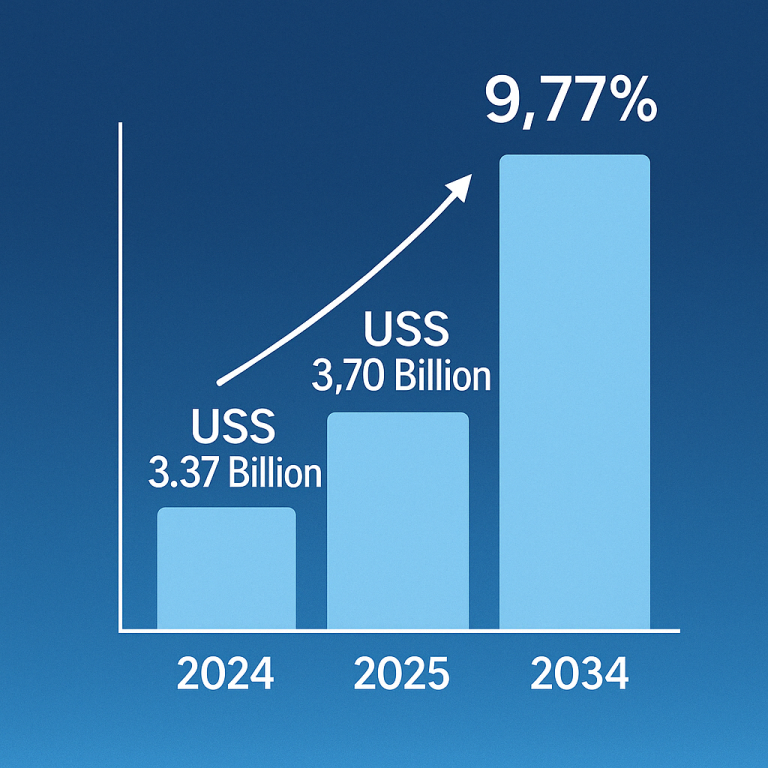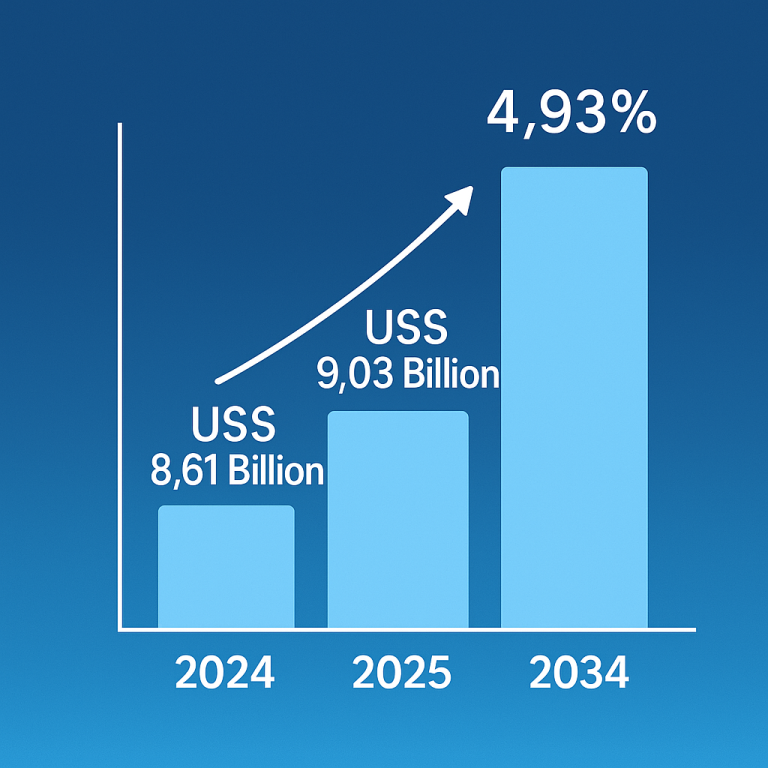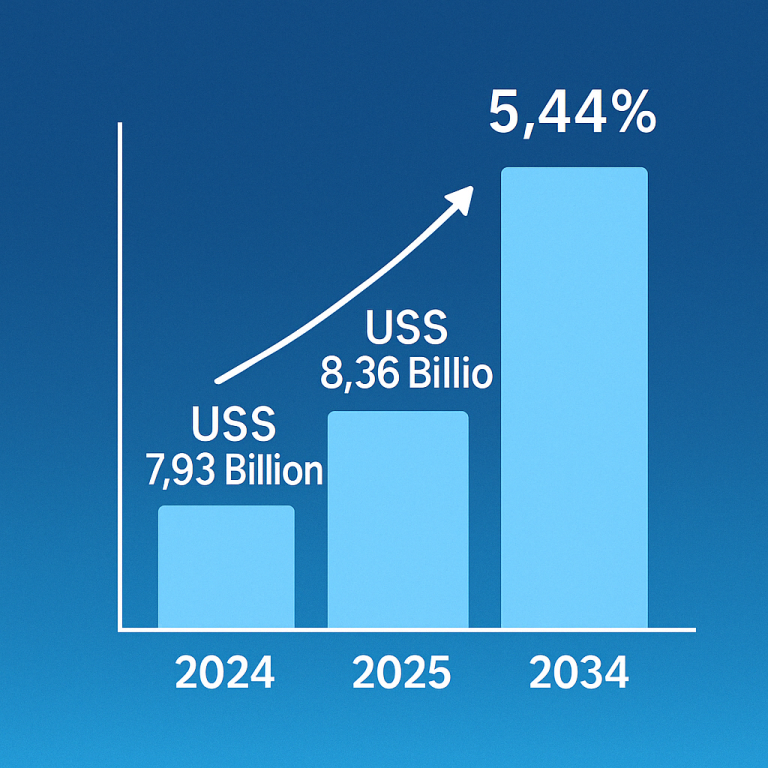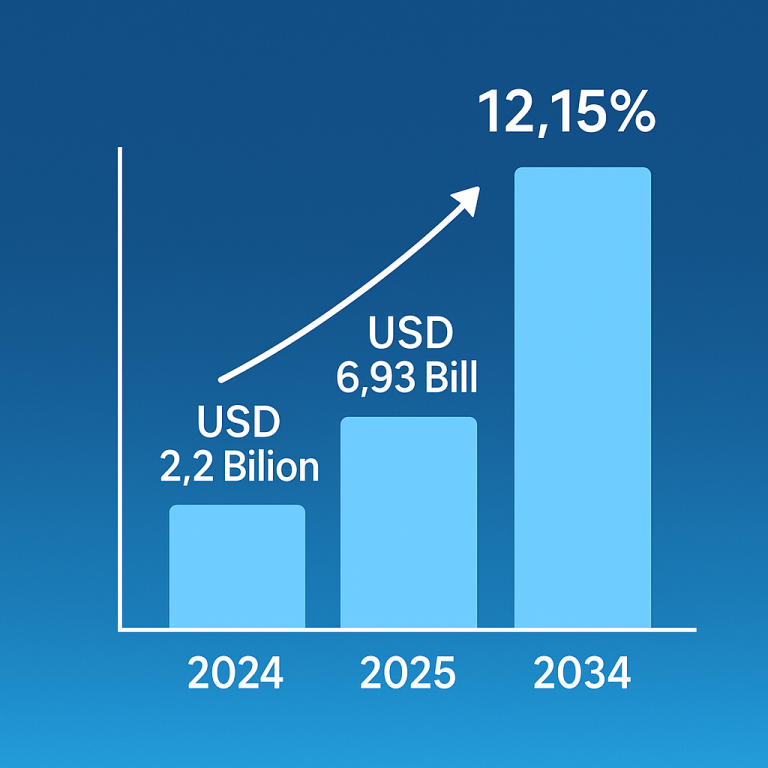
Download statistics of this report @ https://www.towardshealthcare.com/download-statistics/5124
Report Highlights:
- Early detection offers promise of saving lives
- Liver transplant gives a new life to patients
- Disease recurrence within 5 years of liver transplantation boosts market growth
A World Health Organization study found that implementing vaccination, diagnostics, medication, and education could prevent 4.5 million early deaths in low- and middle-income countries by 2030. The global hepatitis strategy aims for a 90% reduction in new infections and a 65% decrease in fatalities between 2016 and 2030, supported by all WHO members.
Autoimmune hepatitis is a chronic liver disease that occurs when the body’s immune system mistakenly attacks healthy liver cells, causing inflammation and damage. It’s unclear why this happens, but genetic factors, environmental triggers, and an overactive immune response are believed to play a role.
Symptoms of autoimmune hepatitis can vary widely and include fatigue, jaundice, abdominal discomfort or pain, nausea, loss of appetite, dark urine, joint pain, and unexplained weight loss. Some people may not have any symptoms, especially in the early stages of the disease.
Early diagnosis and appropriate treatment are crucial for several reasons. AIH can progress over time and lead to severe complications such as cirrhosis (scarring of the liver), liver failure, and even liver cancer if left untreated. Early detection allows for prompt initiation of treatment, which can help slow down or stop the progression of the disease, reduce inflammation, and prevent further liver damage.
Non-Invasive Imaging Technique
- In 2023, a study in Hepatology International talked about how FibroScan and elastography are becoming more critical for diagnosing and tracking autoimmune hepatitis. Other research showed they work well compared to liver biopsy.
- In 2022, a review in Ultrasound in Medicine & Biology found that FibroScan was good at checking liver fibrosis in autoimmune hepatitis patients, even in the early stages.
Diagnosis of autoimmune hepatitis typically involves a combination of medical history review, physical examination, and blood tests to check liver function and detect specific antibodies associated with autoimmune hepatitis. Imaging studies such as ultrasound or MRI to assess liver damage, and sometimes a liver biopsy to confirm the diagnosis and determine the extent of liver inflammation and scarring.
Treatment for autoimmune hepatitis usually involves medications to suppress the immune system and reduce inflammation. These may include corticosteroids like prednisone and other immunosuppressants such as azathioprine or mycophenolate mofetil. Treatment aims to achieve remission, where liver inflammation is under control and liver function returns to normal or near-normal levels.
It’s essential for individuals with autoimmune hepatitis to follow their treatment plan carefully and regularly monitor their liver function with blood tests. They may also need ongoing medical care and regular follow-up appointments with a hepatologist (liver specialist) or gastroenterologist to ensure the disease remains under control and to address any complications or side effects of treatment.
Early diagnosis and appropriate treatment prevent complications, slow disease progression, and improve long-term outcomes. If you or someone you know experiences symptoms suggestive of liver problems, seeking medical attention promptly for evaluation and management is essential.
Increasing Prevalence of Autoimmune Hepatitis
The increasing incidence of autoimmune hepatitis worldwide is a significant driver of growth in the diagnosis and treatment market. This trend can be attributed to several factors. There has been a considerable improvement in awareness about autoimmune hepatitis among healthcare providers and the general public. This heightened awareness has led to more individuals seeking medical attention for symptoms suggestive of liver problems, leading to more diagnoses.
For instance,
- Autoimmune hepatitis affects more females than males, with a ratio of 3.6 to 1. Exact epidemiological data is lacking, so the true incidence and prevalence in the United States are unknown. However, it’s estimated that 100,000 to 200,000 individuals are affected each year. Given the increasing prevalence of liver diseases, it’s crucial to provide appropriate treatment for autoimmune hepatitis.
Advancements in medical technology have revolutionized the diagnostic process for autoimmune hepatitis. New and improved diagnostic tools and techniques have been developed, allowing for more accurate and efficient disease detection. For example, blood tests can detect specific antibodies associated with autoimmune hepatitis, while imaging techniques like MRI and ultrasound can assess liver damage more precisely.
Recent Development
- In January 2022, the Food and Drug Administration approved Lupin’s Tenofovir alafenamide tablets for treating chronic hepatitis B viral infection.
- In June 2022, Echosens and Novo Nordisk joined forces to use more accessible tests to diagnose a liver condition called NASH without invasive procedures. They aim to increase the number of NASH diagnoses by four times by 2025, especially for those with more severe cases.
Autoimmune Hepatitis Diagnosis and Treatment Market Companies
- Abbott
- Siemens Healthcare Private Limited
- Beckman Coulter
- Roche Diagnostics
- Pfizer Inc
- GE Healthcare
- Philips Healthcare
- Cadila Pharmaceuticals
- Bristol Myers Squibb Company
- Merck & Co., Inc.
Discover our detailed Table of Contents (TOC) for the Industry, providing a thorough examination of market segments, material, emerging technologies and key trends. Our TOC offers a structured analysis of market dynamics, emerging innovations, and regional dynamics to guide your strategic decisions in this rapidly evolving healthcare field – https://www.towardshealthcare.com/table-of-content/autoimmune-hepatitis-diagnosis-and-treatment-market-sizing
To own our research study instantly, Click here @ https://www.towardshealthcare.com/price/5124
You can place an order or ask any questions, please feel free to contact us at sales@towardshealthcare.com
About Us
Towards Healthcare is a leading global provider of technological solutions, clinical research services, and advanced analytics to the healthcare sector, committed to forming creative connections that result in actionable insights and creative innovations. We are a global strategy consulting firm that assists business leaders in gaining a competitive edge and accelerating growth. We are a provider of technological solutions, clinical research services, and advanced analytics to the healthcare sector, committed to forming creative connections that result in actionable insights and creative innovations.
Explore the comprehensive statistics and insights on healthcare industry data and its associated segmentation: Get a Subscription
For Latest Update Follow Us: https://www.linkedin.com/company/towards-healthcare



